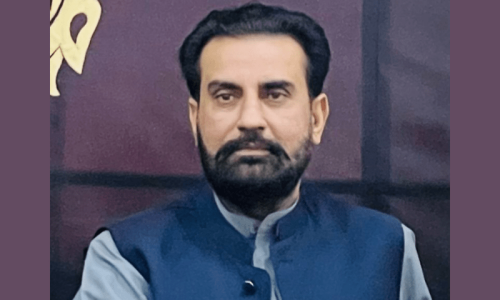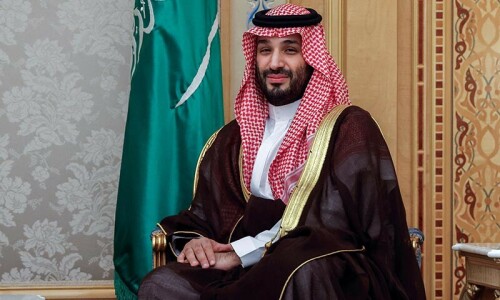WASHINGTON, Feb 7: The Obama administration’s new special representative for Afghanistan and Pakistan, Richard Holbrooke is likely to raise Dr A. Q. Khan’s release with the Pakistani government when he visits Islamabad next week, the official Voice of America radio reported on Saturday.
The radio, which receives policy guidelines from the US State Department, quoted a senior US official as telling reporters that while Ambassador Holbrooke’s portfolio centres on the Afghan conflict and related activity in Fata, he retains the flexibility to discuss all issues on the bilateral agenda.
Meanwhile, Pakistan Embassy in Washington braced itself for an onslaught of media criticism and behind-the-door official pressure on the issue, particularly if the government or a superior court in Islamabad endorsed the Islamabad High Court’s decision to set Dr Khan free.
The embassy almost burst under pressure in January 2004, when Dr Khan confessed his involvement with a clandestine international network of nuclear proliferators extended from Pakistan to Iran, Libya and North Korea.
The US media blasted Pakistan while anti-proliferation groups demanded punitive action against the country.
It was a difficult situation but our predecessors dealt with it professionally, said a senior Pakistani diplomat who conceded that the embassy was expecting a similar reaction to Dr Khan’s release.
Already, several US lawmakers are backing a call by Congressman Howard Berman to link the issue with a multi-billion-dollar aid package for Pakistan that might be introduced in Congress within weeks.
Indian lobbies on Capitol Hill, who were already demanding economic sanctions on Pakistan because of the Mumbai terror attacks, have redoubled their efforts, insisting that Pakistan could not be trusted as an ally.
David Albright, a former UN nuclear inspector who now heads an anti-proliferation lobby called the Institute for Science and International Security, said that Dr Khan’s lenient treatment would not deter would-be traffickers. Too many network members are getting off with little punishment, he added.
The general feeling in Washington is that while the Obama administration will avoid publicly criticising the Pakistani government; it will try to quietly convince Pakistan to reverse the decision.
A State Department official, Gordon Duguid, told reporters that the US Embassy in Islamabad intended to pursue the matter with Pakistan authorities.
Diplomatic observers say that Washington feels that Pakistan’s newly elected government needs time to establish itself and does not want to rock the boat. While US policymakers do see Dr Khan’s release as a disturbing development, they do not want to destabilise Pakistan, said one such observer.
It has nuclear weapons and it has extremists and the Americans want to keep the two separate.















































Dear visitor, the comments section is undergoing an overhaul and will return soon.